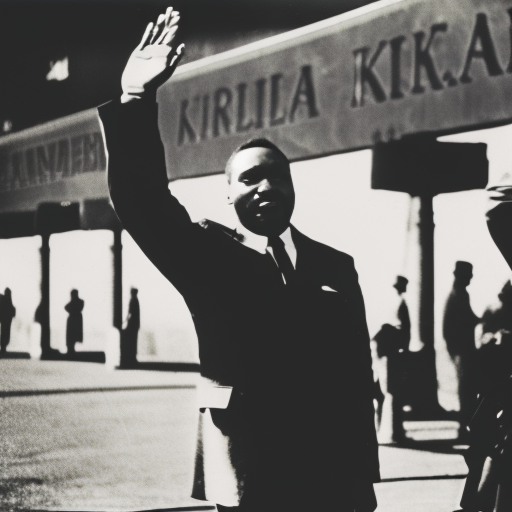Summary: Assassination of Martin Luther King Jr.
On April 4, 1968, Martin Luther King Jr., a prominent civil rights leader and advocate for nonviolent protest, was assassinated in Memphis, Tennessee. King’s assassination shocked the nation and sparked outrage and protests across the country. The event had a profound impact on the civil rights movement and the fight for racial equality in the United States.
The Life and Legacy of Martin Luther King Jr.
Martin Luther King Jr. was born on January 15, 1929, in Atlanta, Georgia. He became a prominent figure in the civil rights movement in the 1950s and 1960s, advocating for equal rights for African Americans. King was a charismatic and influential leader, known for his powerful speeches and commitment to nonviolent resistance.
The Civil Rights Movement
The civil rights movement was a social and political movement that aimed to end racial segregation and discrimination against African Americans. It gained momentum in the 1950s and 1960s, with leaders like Martin Luther King Jr. at the forefront. The movement used various tactics, including boycotts, sit-ins, and peaceful protests, to bring attention to racial inequality and demand change.
The Memphis Sanitation Workers’ Strike
In early 1968, King traveled to Memphis to support a strike by African American sanitation workers. The workers were protesting against low wages, poor working conditions, and racial discrimination. King saw the strike as an opportunity to highlight the economic injustices faced by African Americans and to advocate for economic equality.
The Assassination
On the evening of April 4, 1968, King was standing on the balcony of the Lorraine Motel when he was shot by James Earl Ray. King was rushed to the hospital but was pronounced dead shortly after. The assassination sent shockwaves throughout the country and led to widespread anger and grief.
Aftermath and Impact
King’s assassination led to a wave of protests, riots, and violence in cities across the United States. Many people were outraged by the senseless killing of a man who had dedicated his life to fighting for equality and justice. The event also highlighted the deep racial tensions and divisions in American society.
In the aftermath of King’s assassination, Congress passed the Civil Rights Act of 1968, also known as the Fair Housing Act. This legislation aimed to prevent discrimination in housing based on race, religion, or national origin. It was seen as a significant step forward in the fight for racial equality.
King’s assassination also had a lasting impact on the civil rights movement. While his death was a tremendous loss, it also served to galvanize the movement and inspire a new generation of activists. King’s message of nonviolence and equality continued to resonate, and his legacy lives on today.
Conclusion
The assassination of Martin Luther King Jr. was a tragic event that shook the nation and had a profound impact on the civil rights movement. King’s death brought attention to the ongoing struggle for racial equality and inspired further activism. His legacy as a leader and advocate for justice continues to inspire people around the world.












